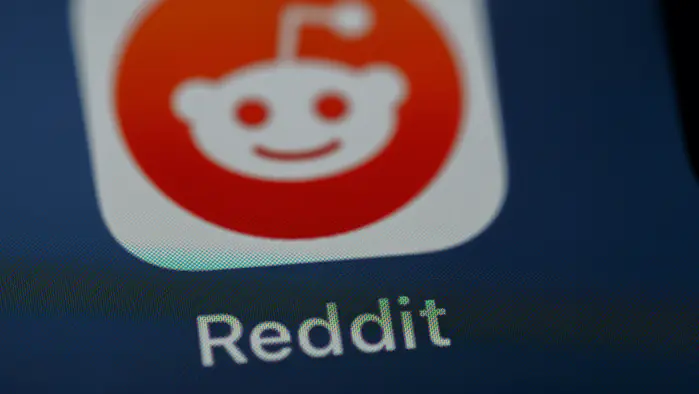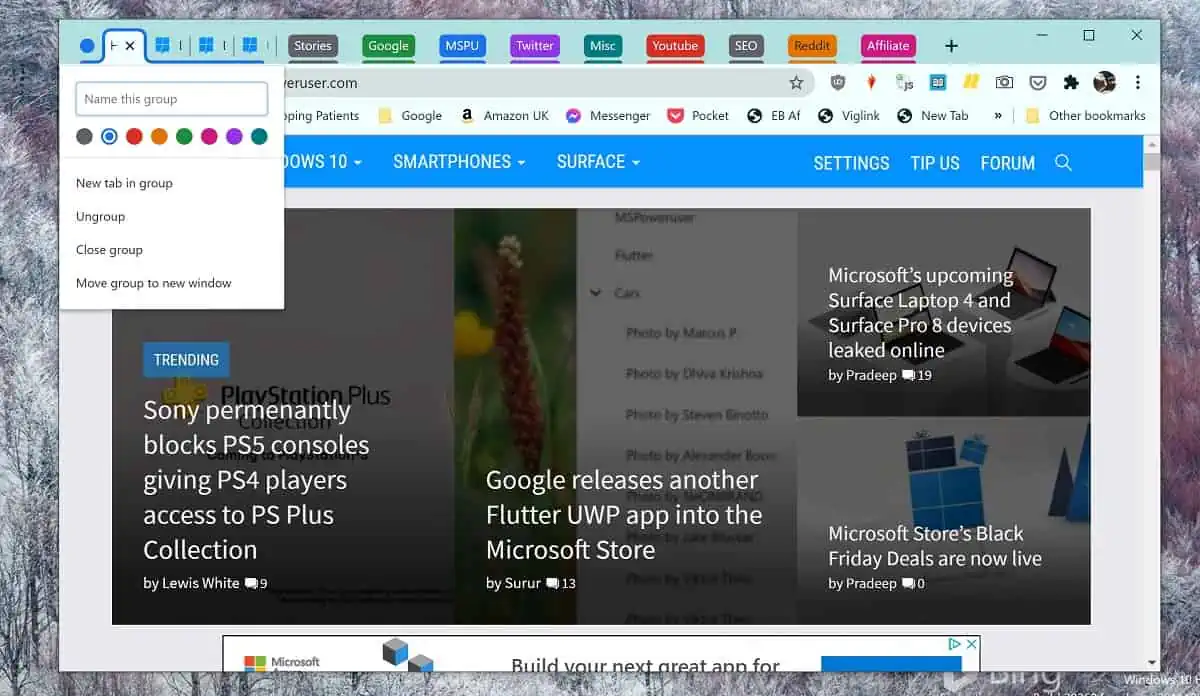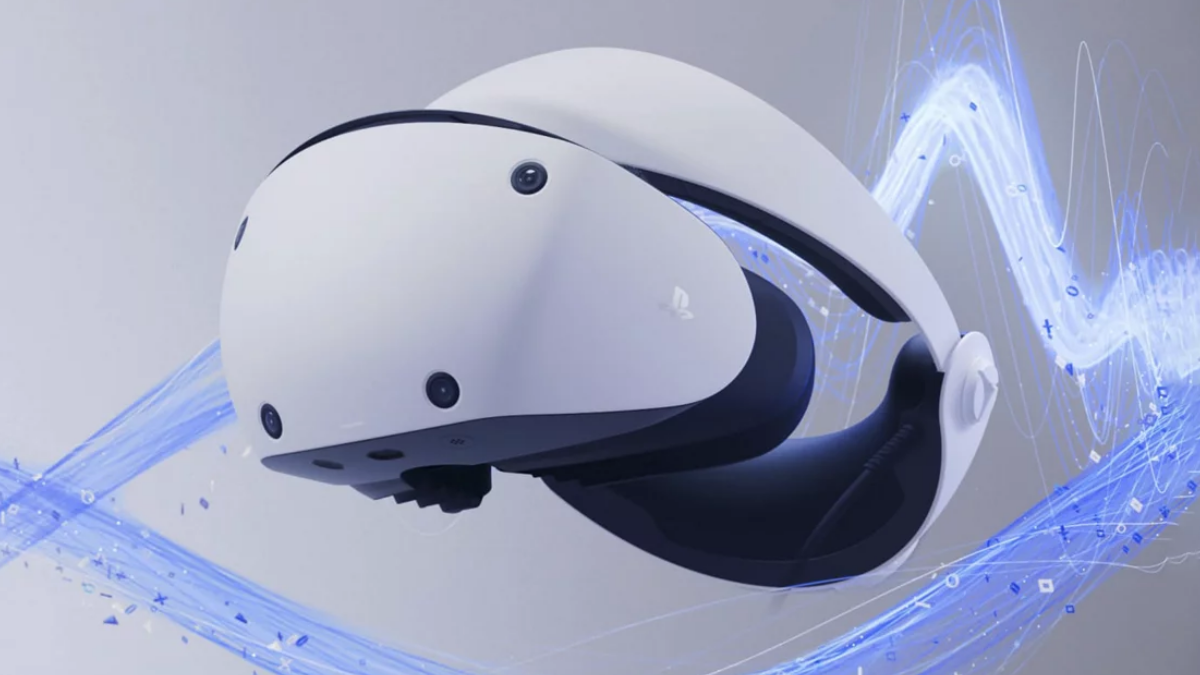Thoughts on the Nokia-Microsoft Alliance
4 min. read
Published on
Read our disclosure page to find out how can you help MSPoweruser sustain the editorial team Read more
The rumors turned out to be true as the two tech giants formally announced their partnership today. Google meanwhile acted like a jilted bride as their VP of engineering, Vic Gundotra, tweeted a few days ago that “two turkeys do not make an eagle,†the turkeys being a reference to Nokia and Microsoft. Steve Elop did not take the tweet siting down. He responded with this pithy tweet “…two bicycle makers, from Dayton Ohio, one day decided to fly.â€
It is reminiscent of medieval Europe, where feuding kingdoms were sometimes forced to form alliances with their rivals in order to ward off greater common threats. Nokia and Microsoft are now in that situation and their common threats are Apple and Google and to a lesser extent RIM and HP. What now remains is implementing the outlined goals smartly and quickly enough to recover lost ground.
Watching Nokia’s Steve Elop during the press briefing, I was impressed by his straight forwardness, focus, and confidence, something I can never say of Microsoft’s Steve Ballmer, who always talks in “business jargon.†The alliance adds some potentially huge benefits to the Windows Phone platform if executed correctly. Here are a few I can think of…
Maps
The deeper integration of Navteq with Bing maps will hopefully bring mapping and locations services on WP7 up to par with the US to the rest of the world, something our readers outside the US have been hoping for a long time. It also means that local search should see a big improvements because of Navteq’s extensive database
Carrier billing support and stores outside the US
This is yet another strong asset that Nokia brings to the WP7 platform which will hopefully mean the marketplace, Xbox live, Zune services opening in more countries sooner as well as developers in the same countries being able to submit their apps
Language support
Although this topic was not discussed, I assume Nokia’s strong presence around the world should accelerate the local language support for Windows Phone 7
Hardware
Prospects for high end Nokia devices brings the greatest excitement and for good reason. Up to now, most of the other WP7 device manufacturers have been hedging their bets between WP7 and Android. In fact, I think they have mostly shortchanged WP7 and built better devices for Android. Now, they have to make the decision to compete with a hardware powerhouse that is Nokia, or else drop out and go with Android all the way or their own custom OS.
I predict a few OEMS, especially the minor ones like Asus or LG might take that path. This also means that Sony will most likely never build a WP7 device and neither will Motorola. I can also see Samsung dropping out and going with Android and Bada OS with the Touchwiz interface, or Google trying to form its own alliance by partnering with HTC if not buying them outright.
Despite all these great developments, my biggest problem is Microsoft’s lack of clear timeline for Windows Phone 7. I find the delay for the first OS updates now tentatively scheduled for early March, and the lack of information of what to to expect this year in terms of updates and improvements quite disconcerting. A huge cloud also hangs over what OS will power the OS in the future since announcement and CES whereby Steve Ballmer said that the next version of Windows (8) would also power smartphones. What happens to Windows Compact Embedded that currently underpins Windows Phone 7? I hope that Microsoft will clarify this once and for all at Mobile World Congress next week.
This alliance has so much riding on it. We have witnessed a number partnerships in the past that looked good on paper but never made it in the real world. I hope that the people in charge of this one have learned from other’s mistakes in the past and will go beyond the “corporate synergy†cliché that doomed so many similar unions. For now, let us raise our glasses to a better future!








User forum
0 messages